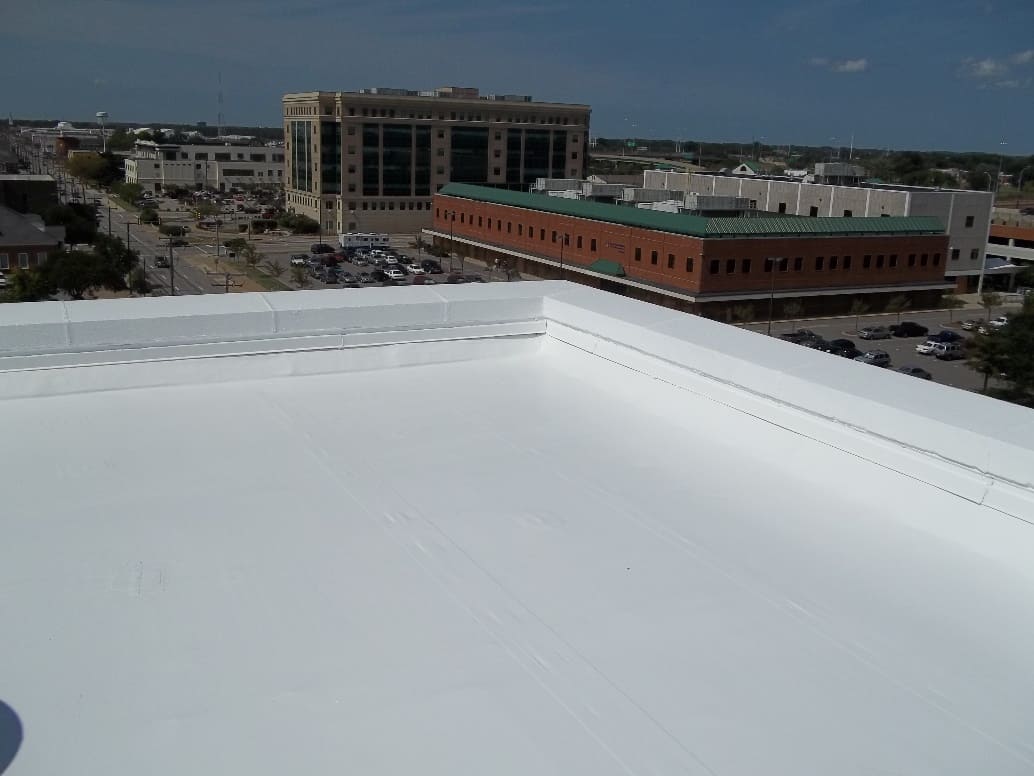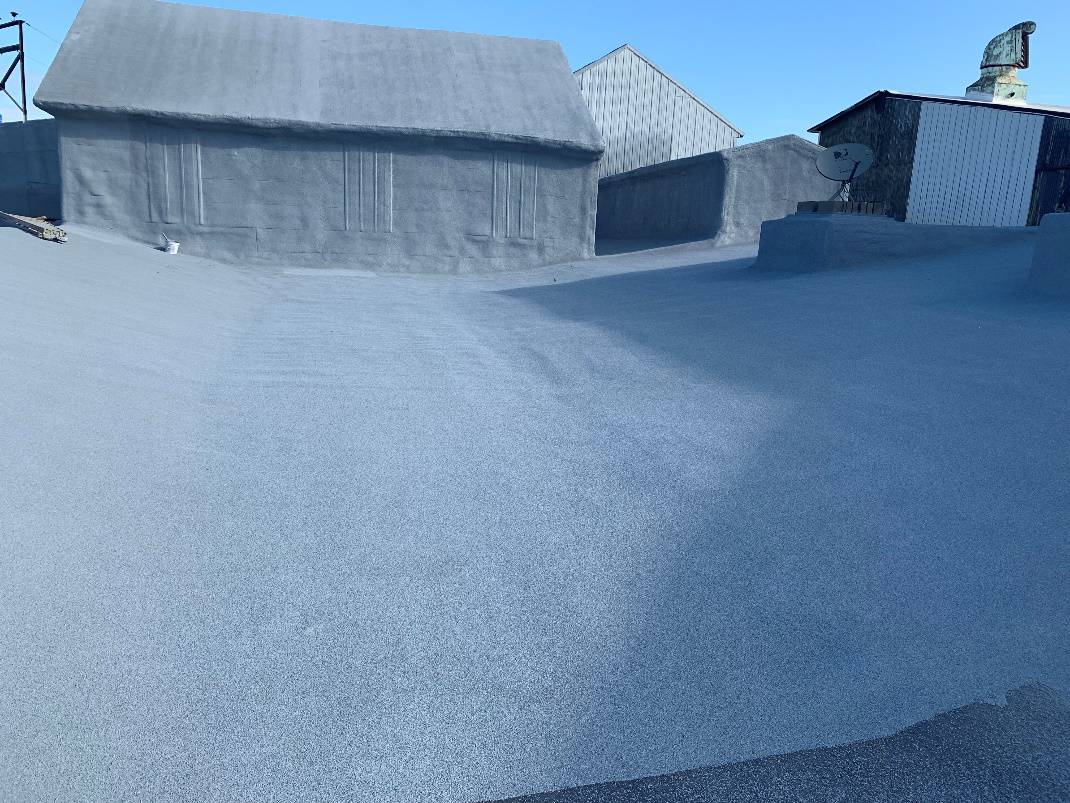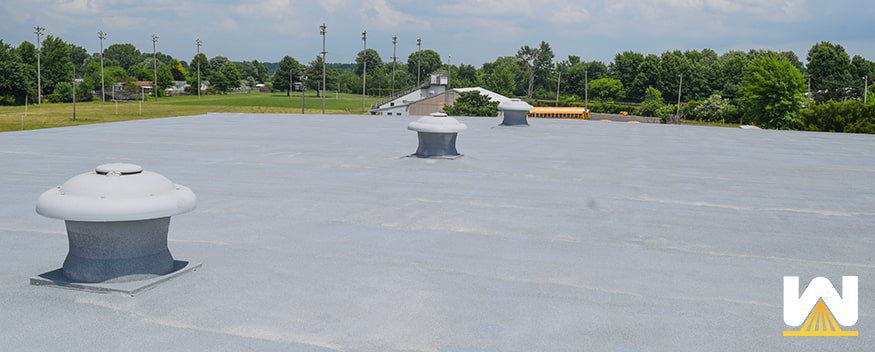Let’s say you need to make an important decision.
You’re about to purchase a used vehicle and you see the exact same car at two different dealerships.
Which place are you going to purchase your vehicle from?
Since you’re a smart decision-maker, you decide to ask each dealership questions such as:
- How much does the vehicle cost?
- Can I see the Carfax?
- What are the financing options?
Here are the responses you get:
Dealership #1 – “the vehicle costs $10,000, there is no Carfax and as far as financing, everyone can get it, no matter what your credit score is”.
Dealership #2 – “the vehicle costs $11,000. It’s priced higher than our competitors because we just put new tires and brakes on it, and it passed our 5-star inspection. As far as financing, we use several different lenders to get you the best possible interest rates depending on the amount you need to borrow and your credit history”.
Surely you would go with Dealership #2 because they gave you more clarity into what kind of vehicle you’re about to purchase.
The same goes for your choice of roofing contractor.
West Roofing Systems has been in the roofing industry for more than 45 years, and we’ve seen the good, bad and ugly when it comes to roofing contractors and what they tell building owners to win bids.
The goal of this article is for you to be aware of these lies so you can make the best decision for your next roofing project.
Let’s get rolling…
Lie #1 – Our roofers are all in-house
When you’re collecting bids on your roofing project, something to keep in mind is the size of the roofing contractor and the number of employees it’ll take to complete your job on time.
If a six-man crew bids a job that requires 20 people to get the work done on time, where are the other 14 people coming from?
That six-man roofing contractor will have to work with another roofing contractor or outsource the labor.
This is a red flag because the quality of work might not be up to the standards of the original six-man crew. Also, there could be high turnover, which can greatly influence the completion date of your roof.
ADVICE: Work with a roofing contractor who employs its own roofers.
When you hire that roofing contractor, you know all the employees are held to the same standard. They have all been trained the same and have probably worked together for years on projects.
Having a familiar crew can also cut down on labor hours.
Just like in pick-up basketball, you’ll have better teamwork with your hometown friends than with a random group of strangers.
Another benefit of using a larger company with its own employees: if a project timeline is off, perhaps the job isn’t projected to be completed on time, they can pull workers off other jobs to assist in your project.
A roofing contractor with six guys will have a difficult time finding more workers, workers who are reliable, trained and can perform great work.
Lie #2 – Our prices are cheaper
Roofing contractors know that some building owners only care about price. To win bids, some roofing contractors will cut corners in order to propose the lowest bid.
But what happens if that “cheaper” roof begins to leak in 2 years, or you realize your roof is never going to last the full 20-year warranty?
ADVICE: You need to make sure you ask the right questions so that you’re comparing apples to apples when getting roofing proposals.
Here are some questions a building owner should ask roofing contractors when talking about price:
Question #1 – Why is your price lower than the competition?
See what they have to say. If they have responses such as, “We work faster” or “We don’t pay our workers as much” then the quality of the work on your roof can suffer. A roofing contractor that pays its workers good wages does so for a reason. The roofers have probably been with the company for years, have a high skill level, and can perform quality work efficiently.
Question #2 – Why is your price higher than the competition?
Again, stay silent and see what the roofing contractor says. If they say, “We have a lot of overhead,” that’s not an answer that reflects the quality of work being done.
If they respond with answers such as, “We use top of the line materials,” or “We pay close attention to details on our work. For example, in metal details, the penetrations are done right and we make sure all the wetness is out of the roof before going overtop,” then those are answers that reflect good quality, and thus a higher price.
Lie #3 – You need to completely tear off your roof
Some roofing contractors will try to fix your leaking roof by telling you your only option is to perform a complete tear off.
Did they give any reason why that’s so?
A roofing contractor should always have the client’s best interests in hand, meaning giving the client a roof that will perform how it should be in the most economical way.
If it needs a complete tear off, then there should be a logical reason why, such as more than 25% of the existing substrate is saturated. There should also be evidence with an infrared survey to backup the claim.
If your roof is under 25% saturated, spot tear off can be performed to remove the saturated areas, replace these areas with like material, and then a roofing contractor can give you recommendations on next steps, such as installing a silicone restoration membrane:


Or you can install a spray foam roof.
But automatically saying you’ll need a 100% tear off, without any evidence to support its claim, is a price-raising tactic building owners should watch out for.
ADVICE: in most cases, if your roof is less than 25% saturated, you can perform spot tear off. If it’s more than 25% saturated, it’s cost-effective to replace the entire roof.
Lie #4 – Your warranty covers everything
Before you sign off on a warranty, take the time to ask questions so you know exactly what your warranty covers.
If you need further explanation, ask the roofing contractor – they should be more than happy to explain how the warranty works.
ADVICE: Ask the contractor to show you in print where it says what they said.
If a roofing contractor says, “We cover everything,” that’s a lie. If an HVAC worker destroys the roof when he’s up there working, those repairs will not be covered by any roofing contractor.
If a tornado comes through and causes damage, those repairs won’t be covered by most warranties either.
Some warranties only cover labor, some only cover materials, some cover both.
Some warranties are prorated as time goes on. For example, if you have a 20-year warranty and a repair is needed in year 10, the warranty only covers 50% of the bill.
These are a few examples of how warranties can vary in coverage. Please do yourself a favor and get absolute clarification before signing any warranty contracts.
Last word on lies and roofing contractors
Before you write these lies down and have them ready when you get bids for your roofing project, I need to iterate one thing:
A building owner must do their homework.
Have plenty of questions ready, ask for references, research each company’s website, check their reviews, social media pages, etc.
Doing so will give you the full scope of each roofing contractor. This way you can use your company research in addition to the proposal you’ll receive to choose the best overall option.
You might find that paying 5% more for a roofing project is worth it because they use the best materials, have the highest coverage warranty and 5 previous customers in a row said they did an amazing job.
Otherwise, you may be investing in a roof that isn’t being installed with your best interest in mind.
Next Steps?
Download our free eBook to learn more about commercial roofing.
In this eBook, we give you everything you need to know about commercial roofing in one place:


